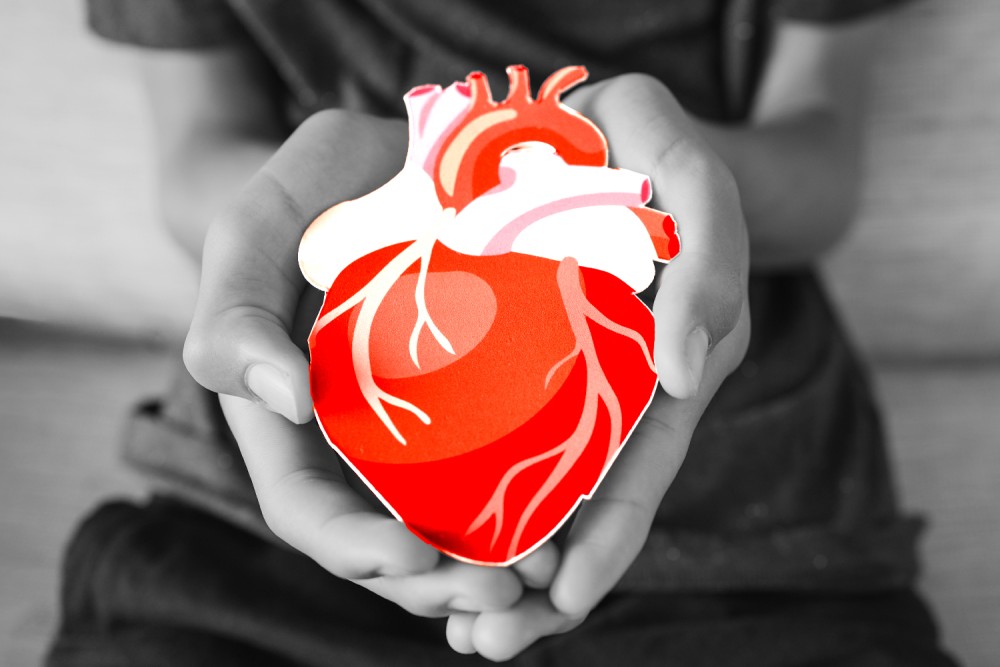A heart broken open
When the teenager stepped into the pulpit, her IV pump slung over her shoulder, the congregation grew quiet.

Source image: Sewcream Studio / iStock / Getty
You never know what to expect when a church puts a group of teenagers in charge of leading worship. Any combination of fun, awkwardness, careful planning, microphone issues, proud parents, timidity about public speaking, and smiling eyes in the pews is possible. In the service I attended recently, I noticed the congregation growing particularly quiet when the fourth of five teen preachers climbed into the pulpit.
“My name is Eden Murphy, and I’m a senior at East High School. I’m going to try not to cry today about my journey that began a long time ago.” She then told of being born with hypertrophic cardiomyopathy, a condition in which the walls of that amazing four-room house inside each of us (with genius architecture and intricate plumbing) become strangely thick and stiff. The small circular exit doors (better known as valves) cruelly constrict and rob the body of fresh, clean, joyous oxygen.
“I received my first heart transplant at age two,” said Eden. I later learned from her that this was a gift from a little boy who died from choking on a hamburger. This young woman deals with the realities of life and death every day. She knows the anguish of someone else having to die in order for her to live. Adding to her own family’s burden, one of her siblings has the same heart condition she has.





